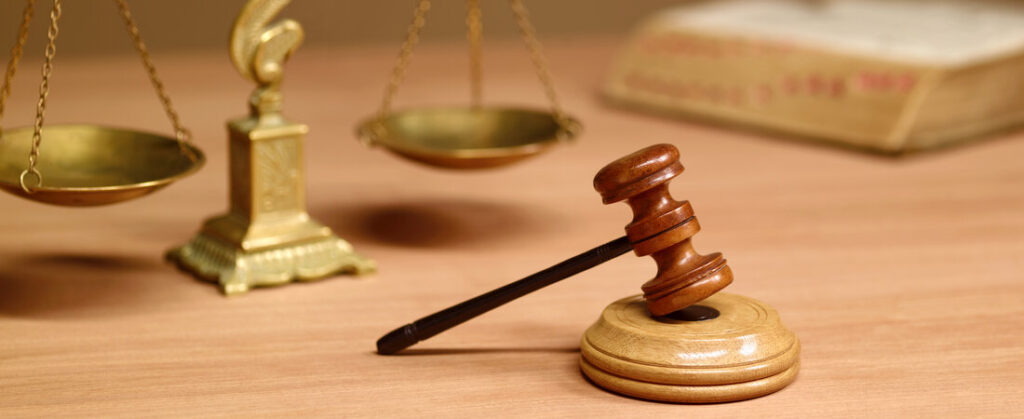All businesses, organizations and institutions must operate in a world of competing pressures from the media, politics, customers, shareholders and regulators. Their advisors are no different.
Lawyers and legal advisors are increasingly expected to consider all the pressures a client faces – not just those that may result in or from active litigation.
Communications advisors for complex issues are increasingly expected to focus not only on the immediate pressures generated by the media, but the long-term potential of legal or regulatory consequences.
The blurred edge around a legal matter is often where these worlds collide. This collision, and the considerations associated with it, are brought into sharp focus during a crisis. The time taken to make considered judgements and recommendations can be concentrated into a period of days, if not hours.
While the instincts of communications and legal advisors can occasionally diverge, the middle ground between these instincts usually leads to a balanced way forward.
During a crisis, businesses, organizations and institutions look to their advisors to quickly find this middle ground and prepare a strategy that manages both short and long-term risk.
The initial response
While all crises are unique, taking a proactive approach is sometimes the best response, despite the first instinct often being ‘wait and see.’
The short-term objective is to neutralise the threat to the client’s reputation. Legal action might not be immediate, but it could loom just over the horizon.
In a fast-moving environment, it is important to avoid a vacuum of information. If you say nothing during a crisis, the empty space will likely be filled by someone else – an uninformed commentator, a detractor, or an opponent.
In the event of a crisis, it is vital that you take decisive steps to ensure your side of the story, and your arguments, are heard in an often messy and contested media landscape:
- Clearly and quickly establish the facts;
- Only respond to questions when you are confident of the facts and have evidence points that can substantiate them;
- Establish effective monitoring to provide real-time intelligence and context to the team managing the crisis;
- Where factual inaccuracies appear in coverage, consider how you can challenge or rebut them. There are legal and PR routes to achieve this, and both can be used at the same time.
Facing the middle ground
Those facing a crisis are increasingly under pressure to accept responsibility for events that can sometimes be beyond their control. This can translate into an immediate pressure to issue an apology, which communications and legal advisors may have diverging opinions on.
The initial communications to those affected, and the wider market, whether through the press, formal disclosures, or to shareholders, can make all the difference in rebuilding your client’s reputation once the crisis has subsided. Again, the balanced approach will often be the middle ground between communications and legal considerations.
Taking data breaches as an example reinforces the value of responding proactively. Recent polling conducted by Portland found that 22 percent of people in the UK believe that they deserve an apology if their data has been breached, with a further 58 percent likely to contact a representative of the company or organisation in question. Over 70 percent of the UK public believe they are entitled to compensation if their data is breached.
Walking the tightrope between damage limitation and admitting liability is challenging. Data loss increasingly leads to consumer-led class actions. Issuing an immediate apology can therefore be a double-edged sword. On the one hand, it might assist a potential legal opponent to establish liability or causation. On the other, the perception that a company has taken responsibility in a turbulent situation may be enough to dissuade consumers from wanting to join a legal action against them.
You may not avoid legal action all together but reaffirming the trust of those that matter may be the bigger prize.
Putting in place a crisis response team, including communications advisors that understand the broader legal context and threat, can help find the middle ground between legal risk and maintaining your reputation with those that matter.
Ranked Band Two in Chambers and Partners Crisis and Reputation Management, Portland’s Litigation and Disputes practice is well placed to provide strategic communications support to your legal strategy. Our consultants are also Crisis and Reputation Management experts who ensure that your voice is heard during a time of reputational crisis.
Email [email protected] for strategic communications advice on crisis, litigation and disputes-related issues.





